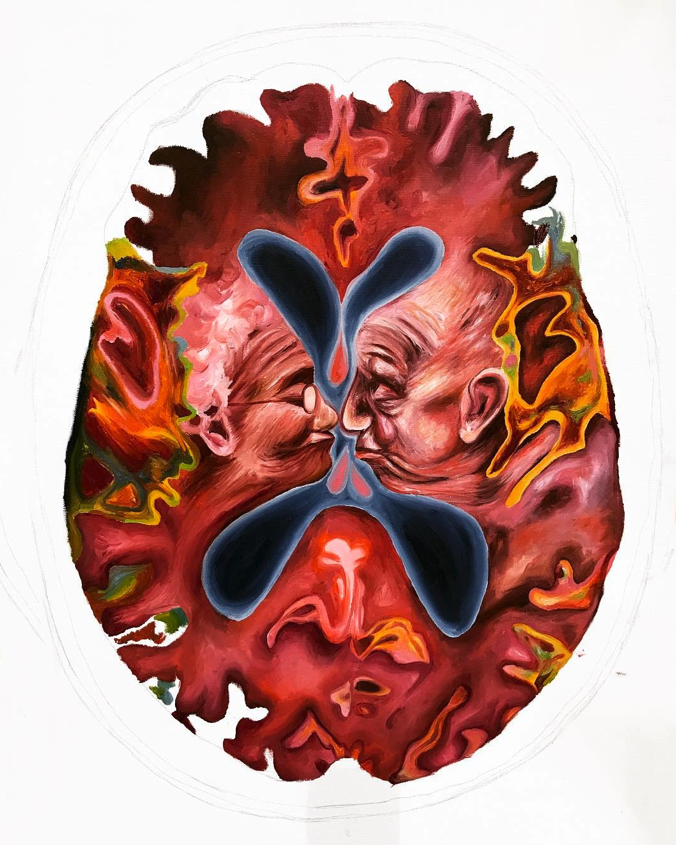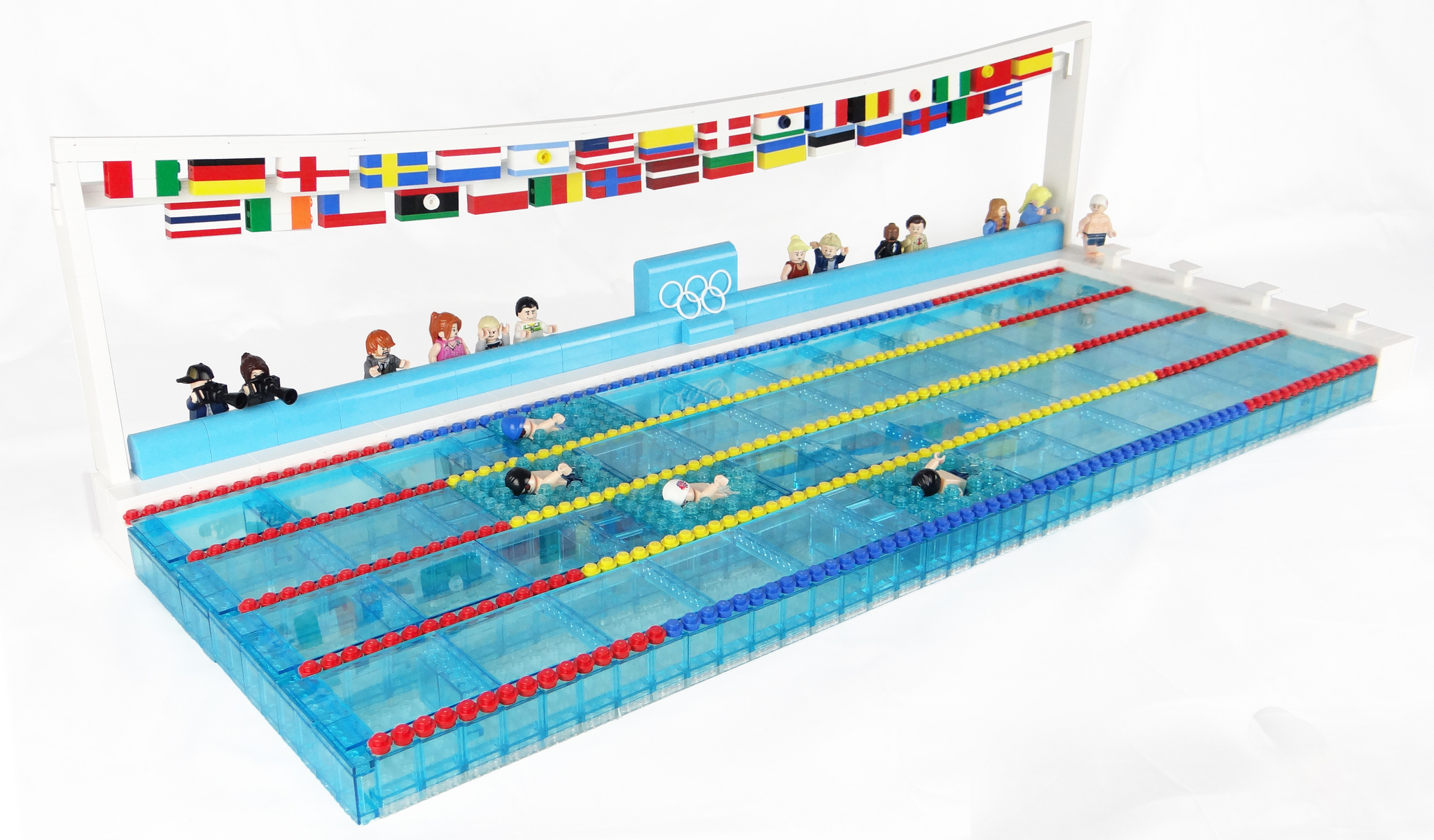As the upcoming Olympic games 2020 in Tokyo go to show, we’ve created a competition for just about everything. Well – almost everything. Who wins at love?
A group of Stanford neuroscientists set out to answer that question, designing a study to see whether some people can love harder than others. Welcome to the First Annual Love Competition.
The Brain In Love
 Researchers asked seven brave volunteers to climb inside a fMRI machine. Their instructions were simple: try to love someone as hard as you can.
Researchers asked seven brave volunteers to climb inside a fMRI machine. Their instructions were simple: try to love someone as hard as you can.
Participants ranged in age and experience, from the couple who had been married for fifty years (after a three-day courtship), to the ten year-old in awe of his new baby cousin, to the heartbroken Romeo who was seeking to move on from his last relationship.
Even though being in love requires 12 different areas of the brain to work together, this fMRI measured the activity level in the nucleus accumbens. Whoever’s brain demonstrated the most activity was declared the winner.
While the study did prove that some people loved harder than others, the most surprising results were what happened to the participants afterwards: all emerged saying they had experienced something profound and transformative. Their reaction had nothing to do with being inside an MRI, and everything to do with reflecting on love for an uninterrupted period of time.
One 24 year-old New York native, who claimed to never have been in love prior to the study, emerged from the fMRI feeling elated: “I felt this surge of warmth and happiness and excitement, it just sort of exploded out of me.” Had she simply found love in places she didn’t expect, or had she managed to tap into the fundamental experience of love – just in the absence of another person?
Certainly, other participants also emerged with a better sense of love’s “big picture.” One participant found himself reflecting on all of the different kinds of love. “It was profound,” he said. “I started thinking of all the ways I love…Feeling protective of children who were never born; being appreciated by others and honored by what I do.”
It is somewhat surprising that participants did not mention passionate love in their reflections, since romantic love can often feel the most intense and immediate. But the winner of the study – the participant who loved the deepest – was the man who had been married for fifty years. After the study, he summed up his experience of true love:
“The feeling was more of sweetness, and how much fun it was. We’ve been blessed with a really lovely fifty-year relationship. There wasn’t any drama or any big tragedies. So, it was more a feeling of ‘Wow, that’s been a good trip.’”
Gold Medal?
What do the participants’ reactions suggest? If you want to love more deeply than anyone else, your best bet is to feel gratitude, trust, and a sense of perspective. The fact that we can experience such intense emotion while trapped inside a machine suggests that love may in fact exist outside of ourselves – as a universal experience waiting to be tapped into.
And if five minutes is all the reflection required to be inspired, it may be worth our time. After all, according to Tolstoy, love expands the mind:
All, everything that I understand, I understand only because I love.”
Watch the video to find out who came in second place! It may surprise you.







[…] – tell it to go screw itself. Some things are physically impossible – i.e. I’ll never win an Olympic gold medal for synchronized swimming on account of my penis. Everything else is […]